When it comes to strength training, the age-old debate of free weights vs weight machines continues to stir opinions in gyms around the world. Whether you're building a home gym or starting a new routine at your local fitness center, it's essential to understand the pros and cons of free weights and weight machines to make the best decision for your goals.
So, which is true when comparing free weights and weight machines? The answer lies in understanding how each method works and the unique benefits they bring.
Free Weights: Versatile and Functional
Free weights—such as dumbbells, barbells, and kettlebells—allow for a wide range of motion and require more balance and stabilization. This means they engage more muscles, including the smaller stabilizing muscles that machines often leave out.
Key benefits of free weights include:
-
Greater muscle activation through compound, functional movements.
-
Improved coordination and balance.
-
Versatility in movement patterns—you can train in all planes of motion.
-
Cost-effectiveness for home gyms, with less equipment required.
However, one of the drawbacks of free weights is the potential for improper form, especially for beginners, which can increase injury risk if unsupervised.
Weight Machines: Safer and More Controlled
On the other hand, weight machines guide your movement through a fixed range of motion, making them ideal for isolating specific muscle groups and minimizing injury risks—especially for beginners or those recovering from injuries.
Weight machine benefits include:
-
Built-in safety—no need for a spotter during heavy lifts.
-
Targeted muscle isolation, which can help with muscle imbalances.
-
Easier to learn, making them ideal for beginners or rehab settings.
-
Consistency in form, which can reduce the risk of injury.
However, machines often restrict natural body movement and don’t engage stabilizer muscles as effectively as free weights.
Which Is Best for You?
So, which is true when comparing free weights and weight machines? Neither is universally better. Instead, each serves a specific purpose depending on your fitness level, goals, and environment.
-
For beginners or those in rehab: weight machines provide safety and guidance.
-
For athletes or functional training: free weights improve coordination, strength, and balance.
-
For muscle growth (hypertrophy): a combination of both may yield the best results.
Final Thoughts
Ultimately, the smartest approach is to use both free weights and machines in a balanced program. By combining the versatility of free weights with the stability and focus of weight machines, you can build a well-rounded training plan that supports strength, safety, and performance.
Whether you're training for sport, physique, or overall health, knowing the truth when comparing free weights and weight machines will help you make informed decisions and stay on track toward your goals.


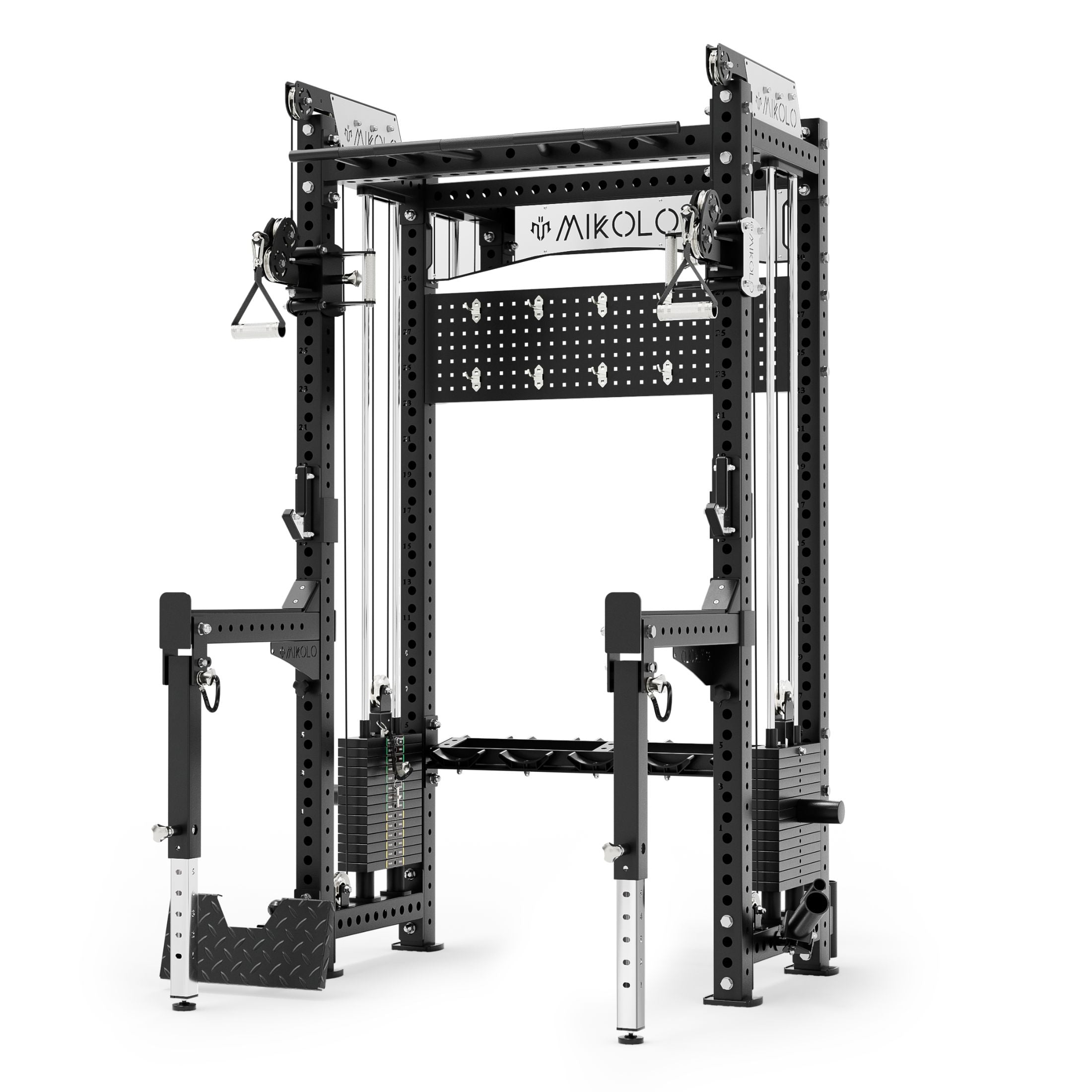
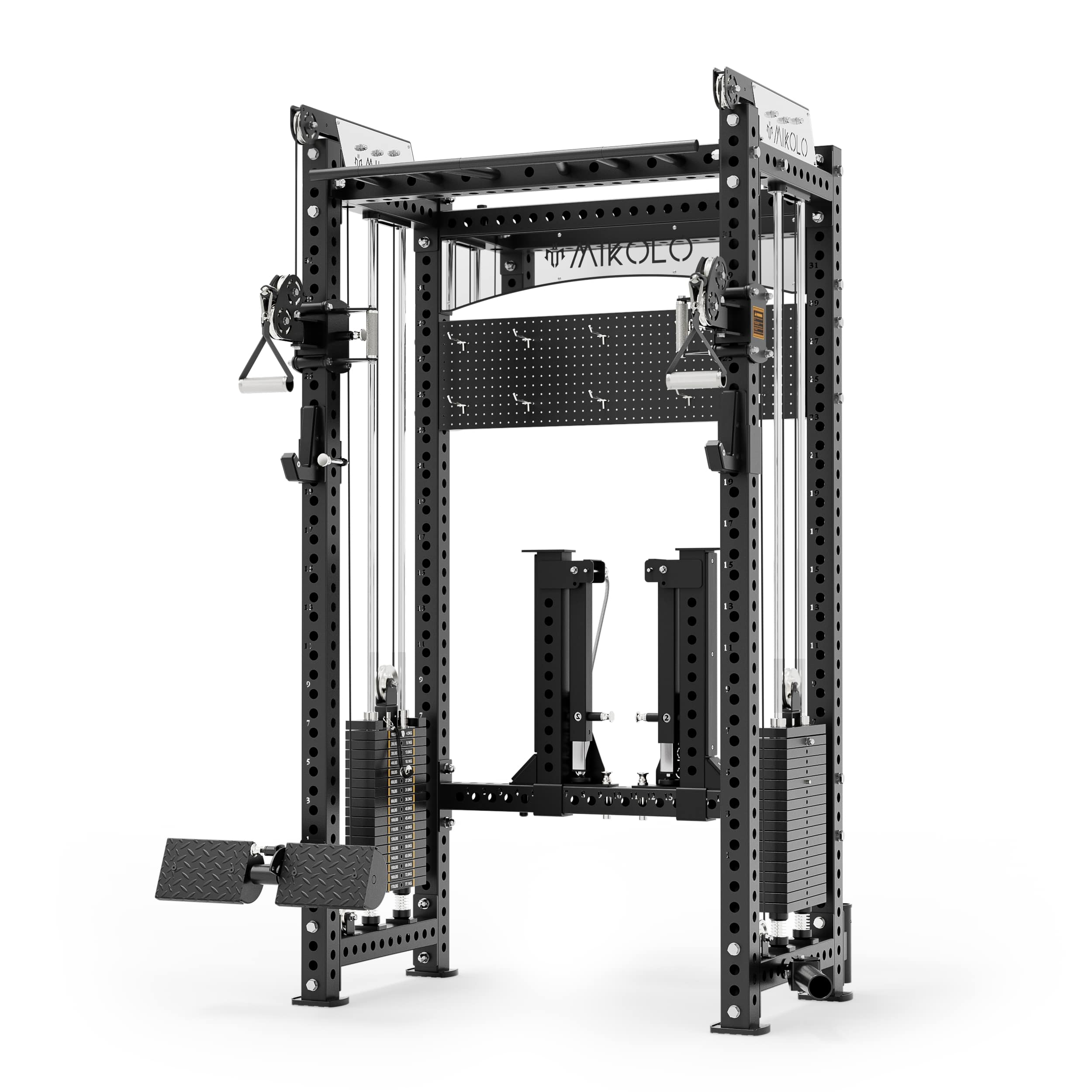
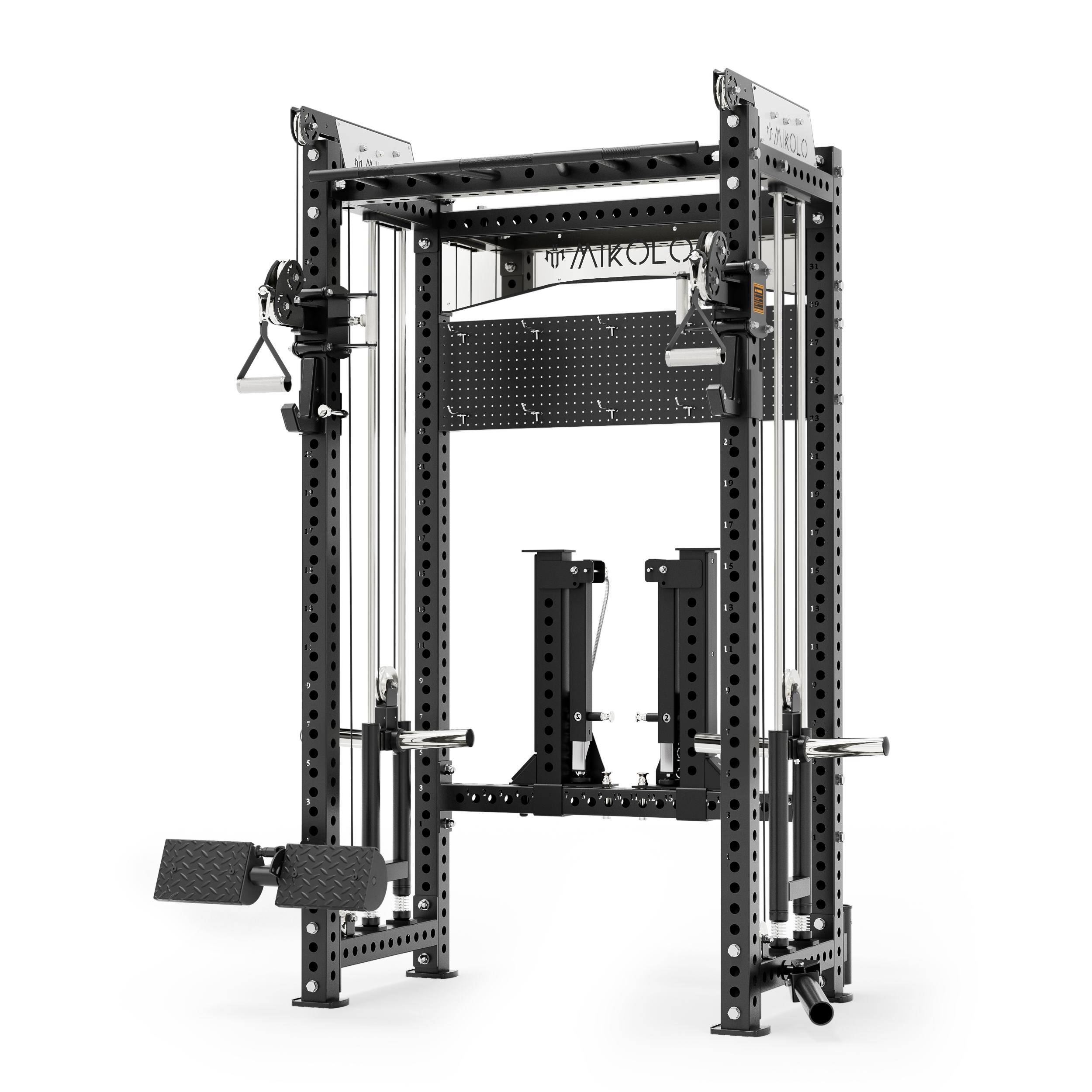


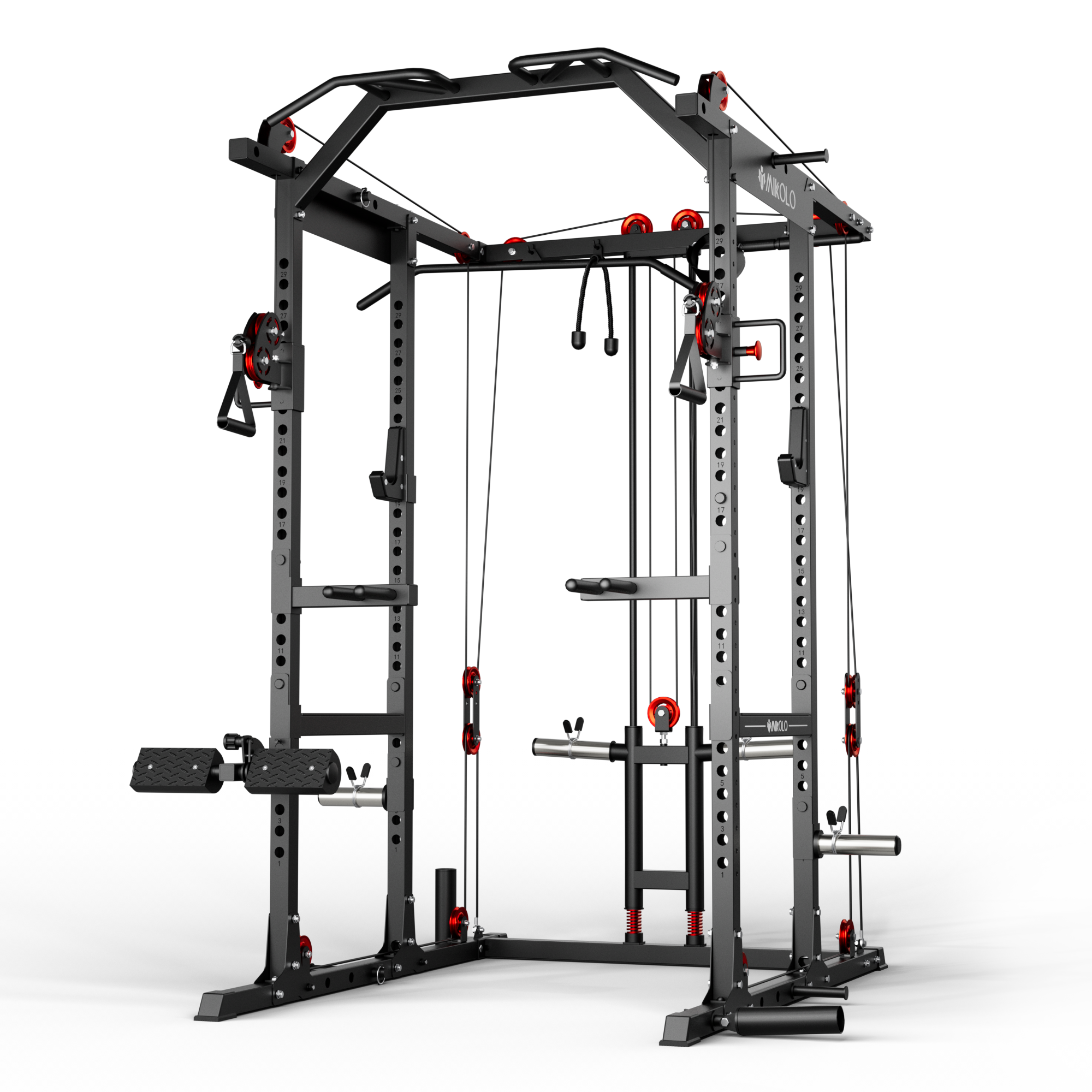


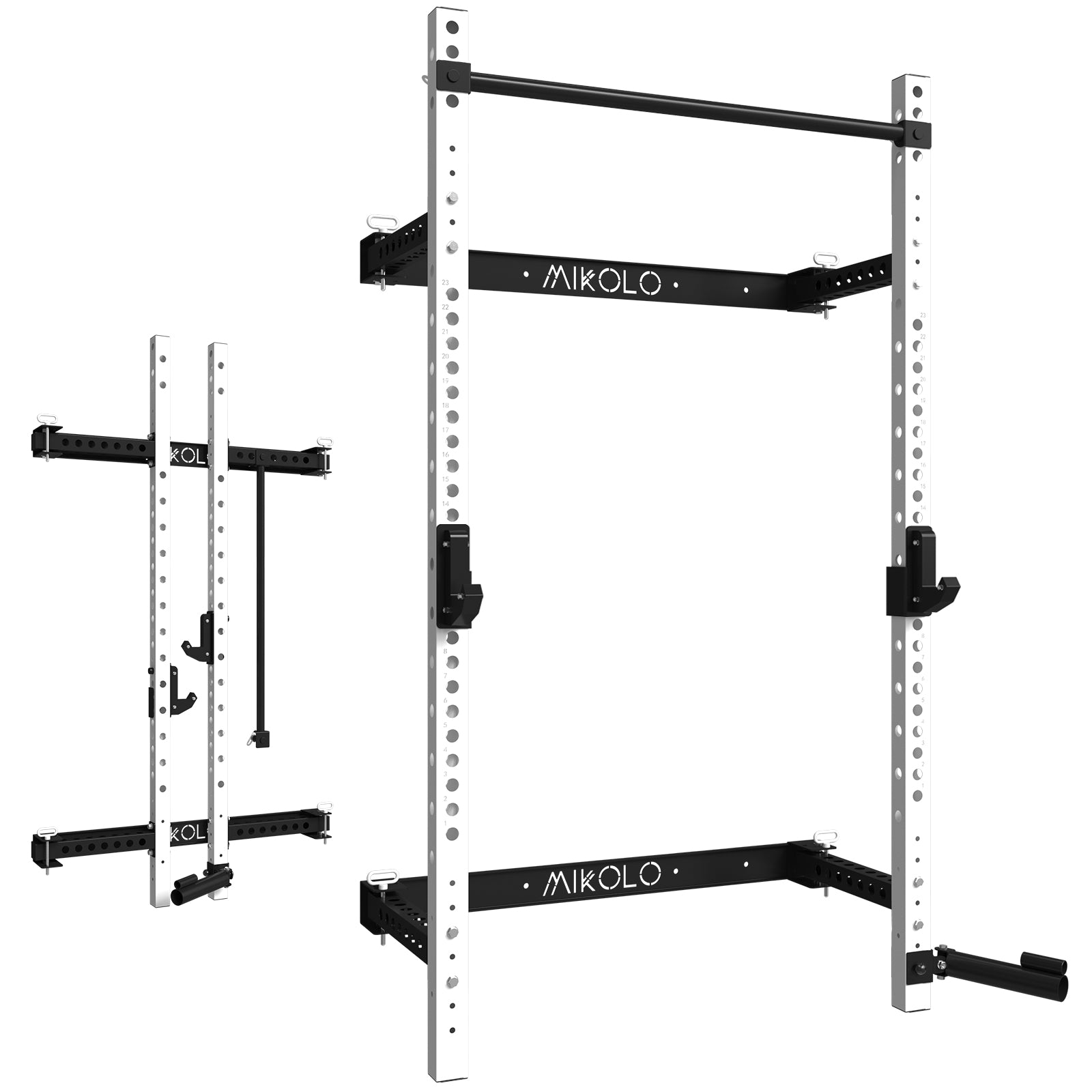


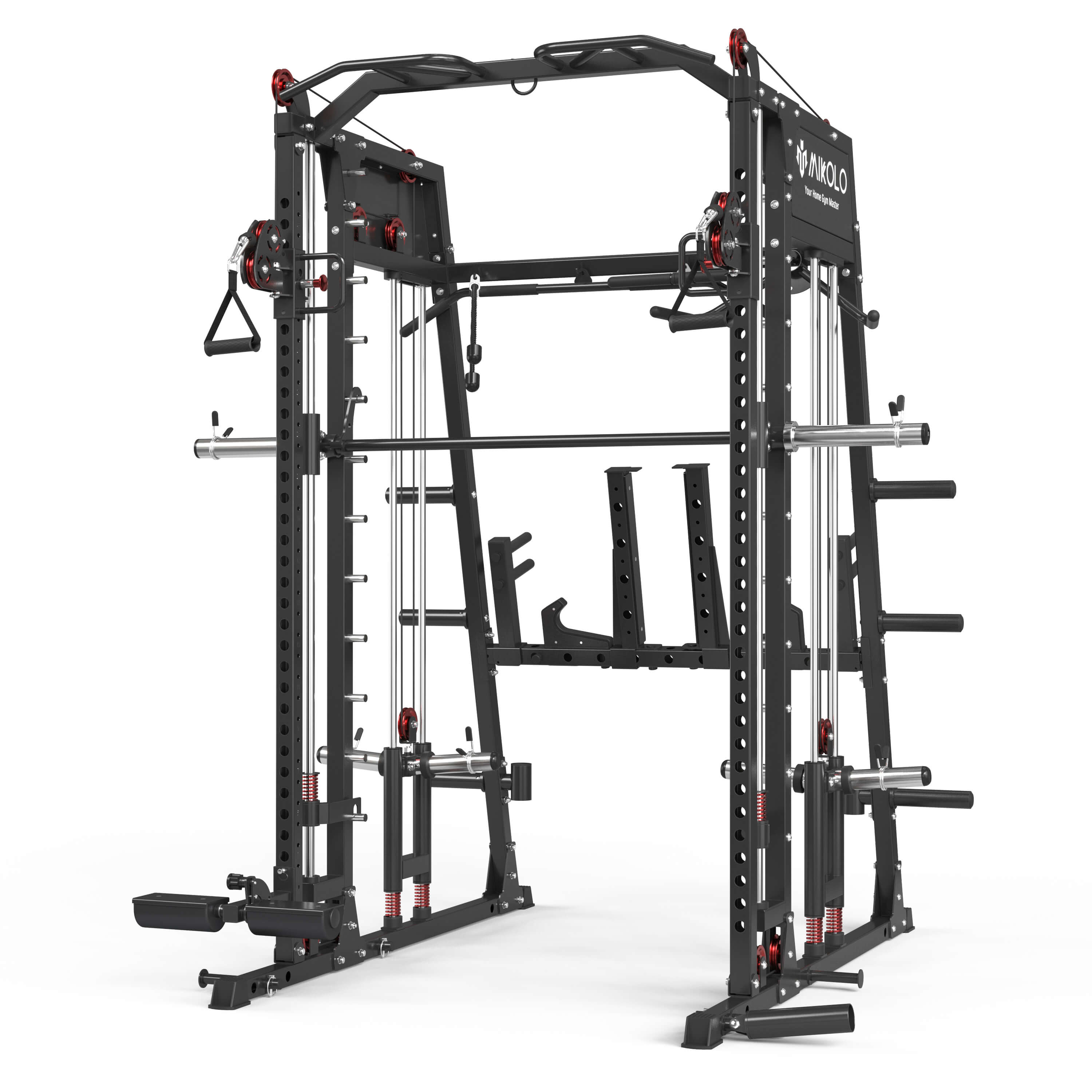
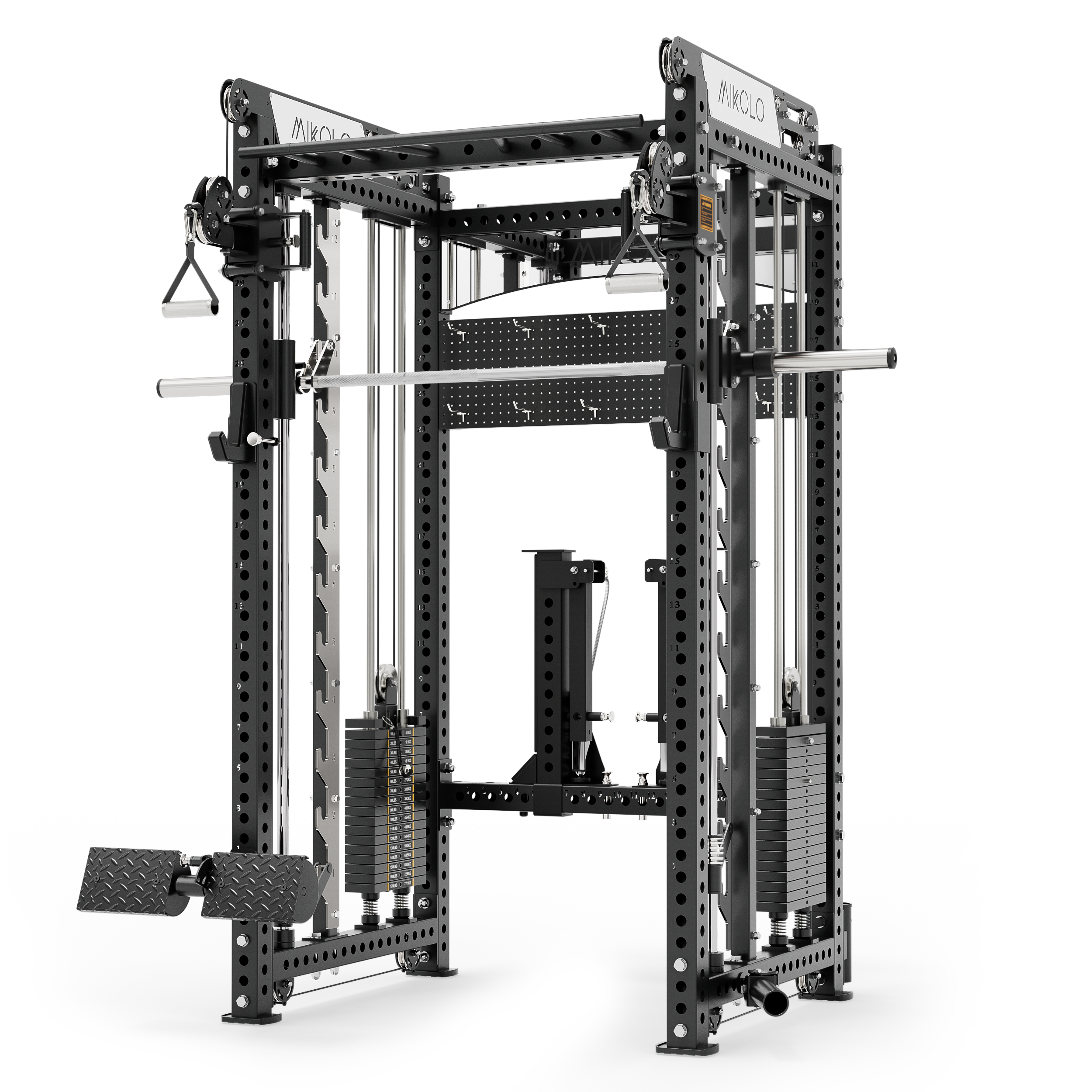
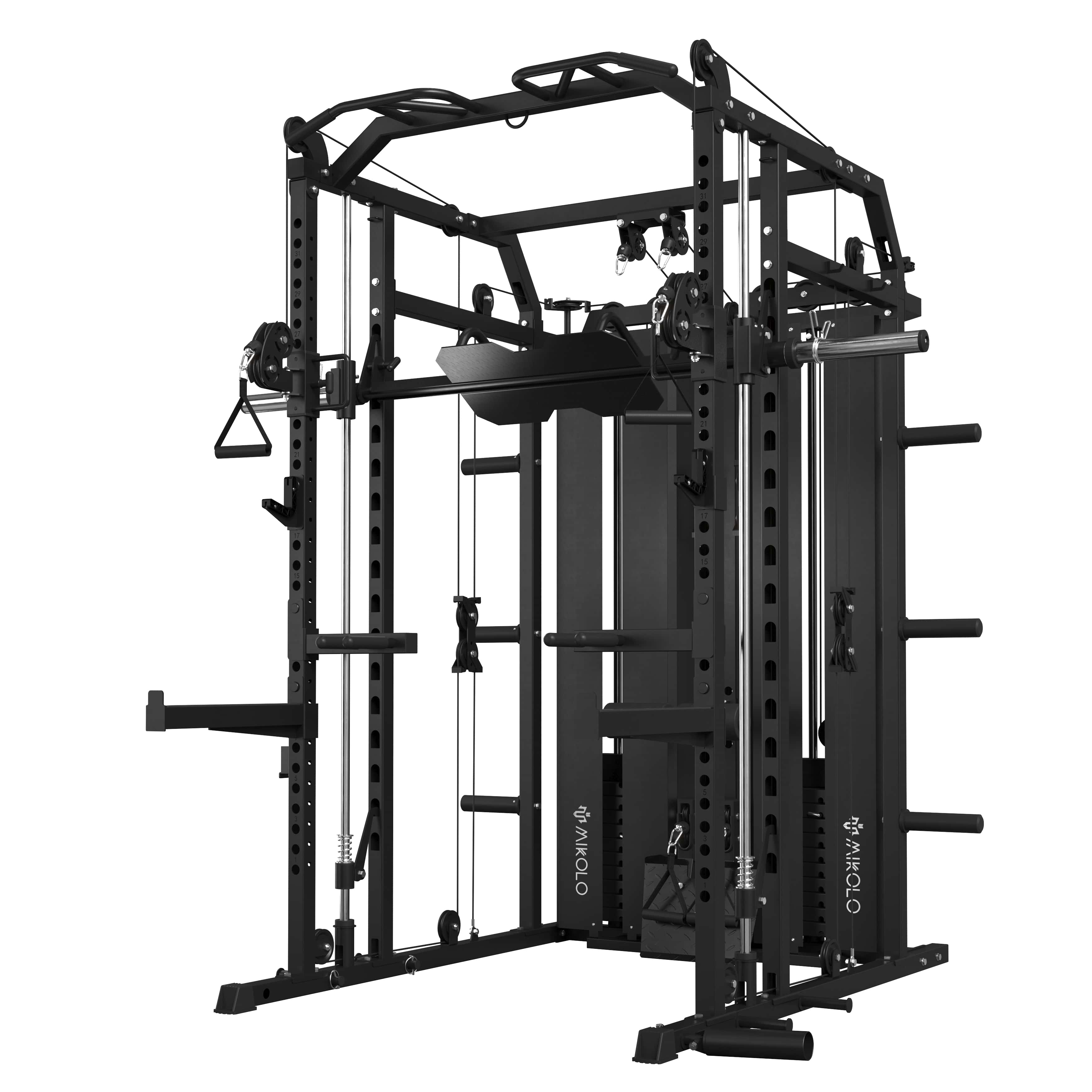
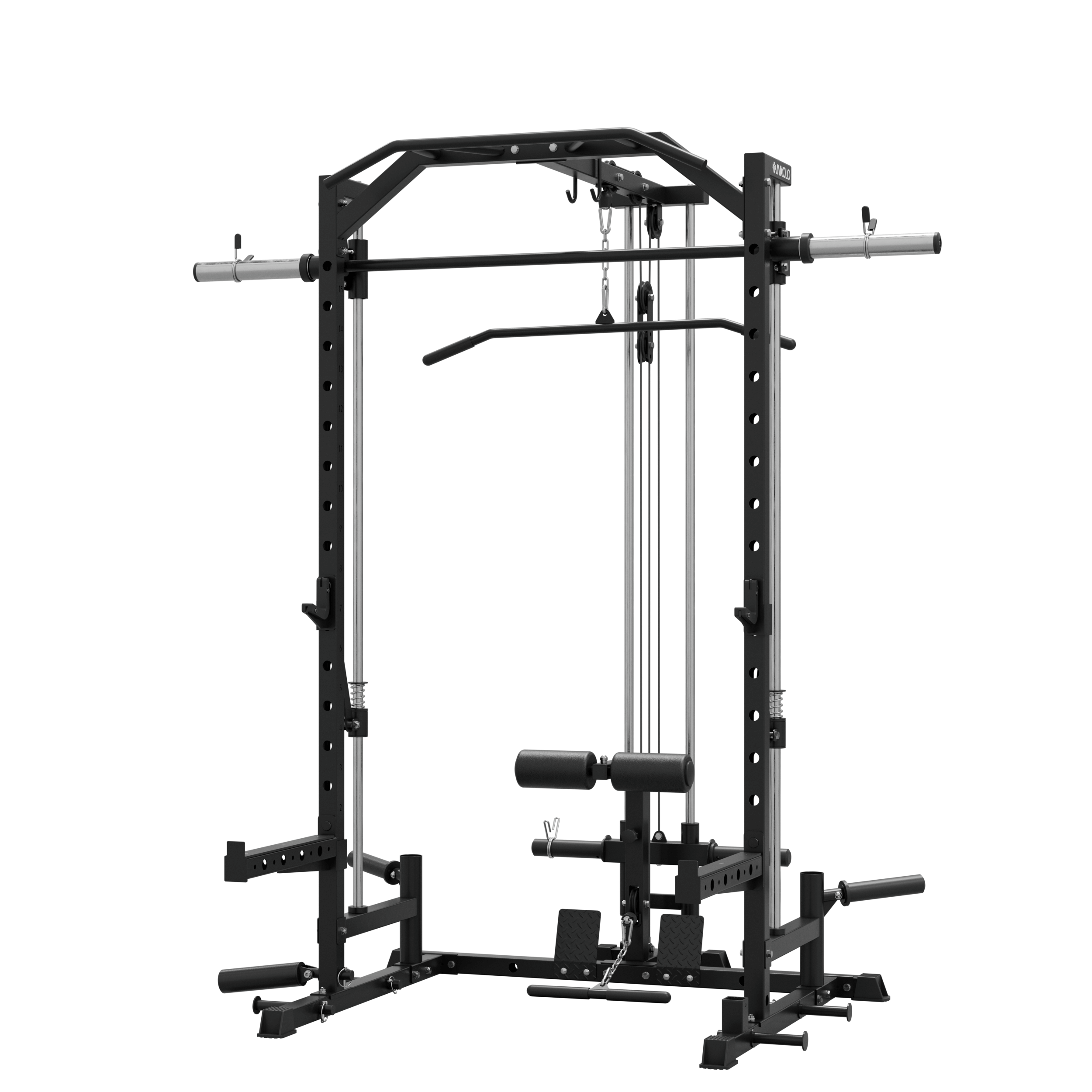
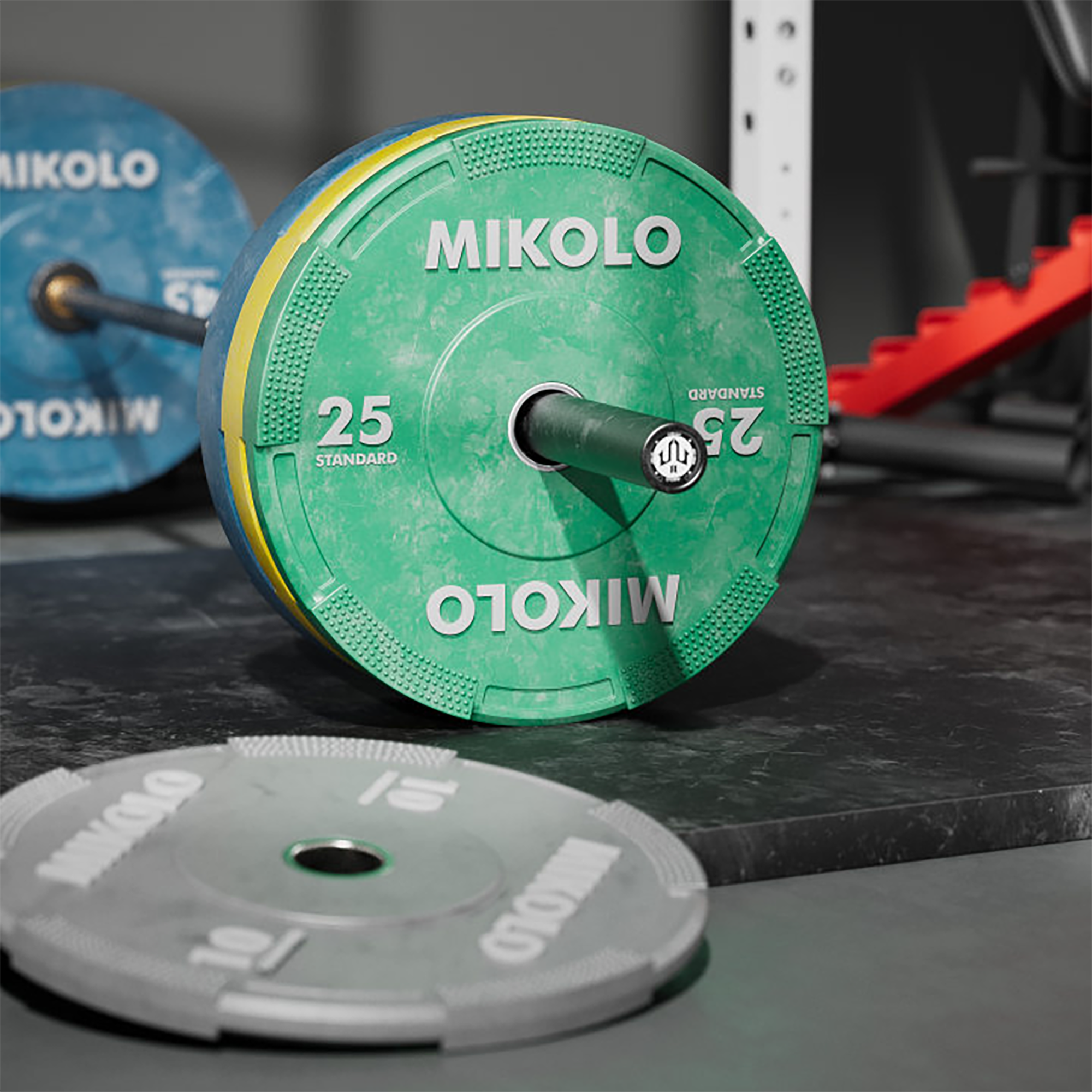


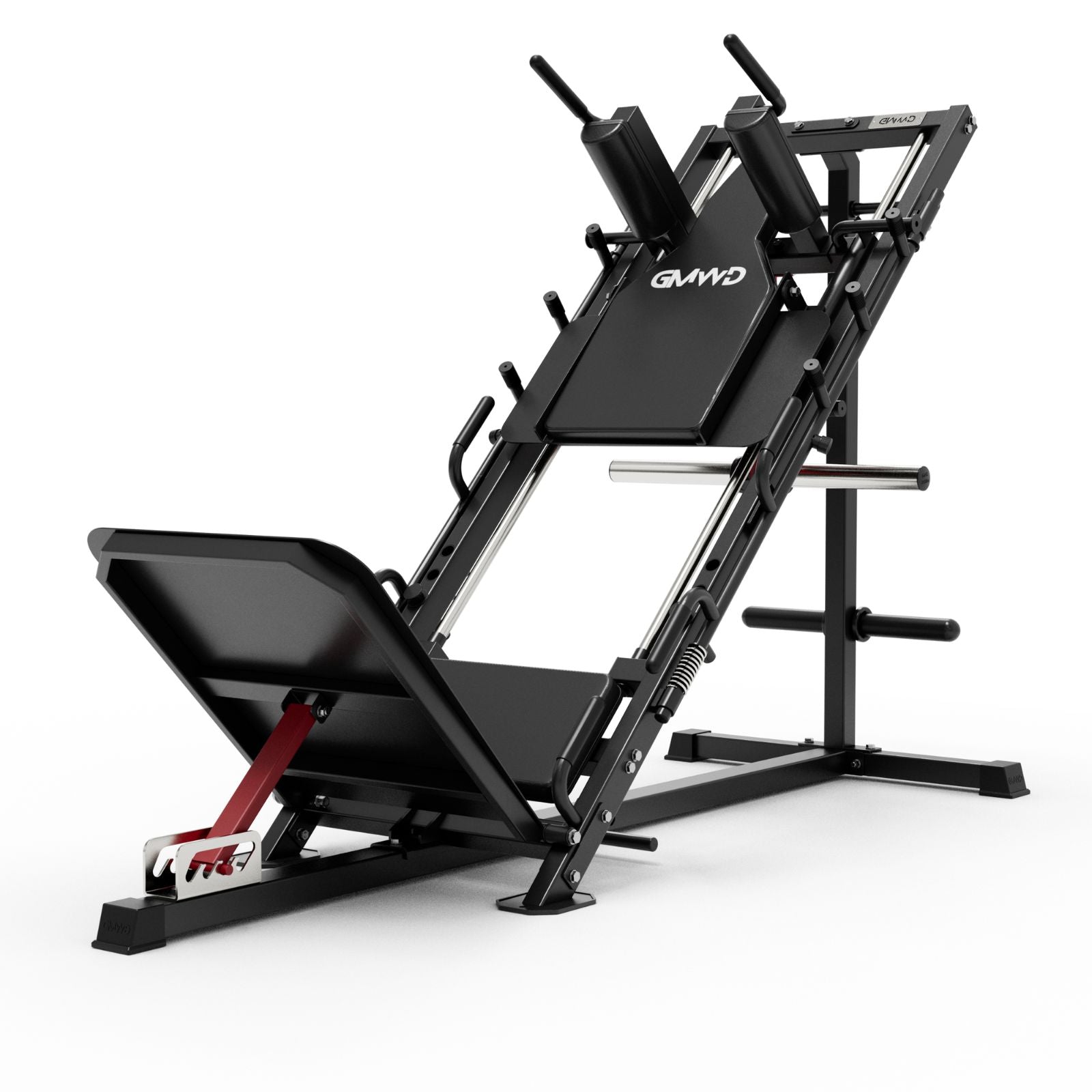


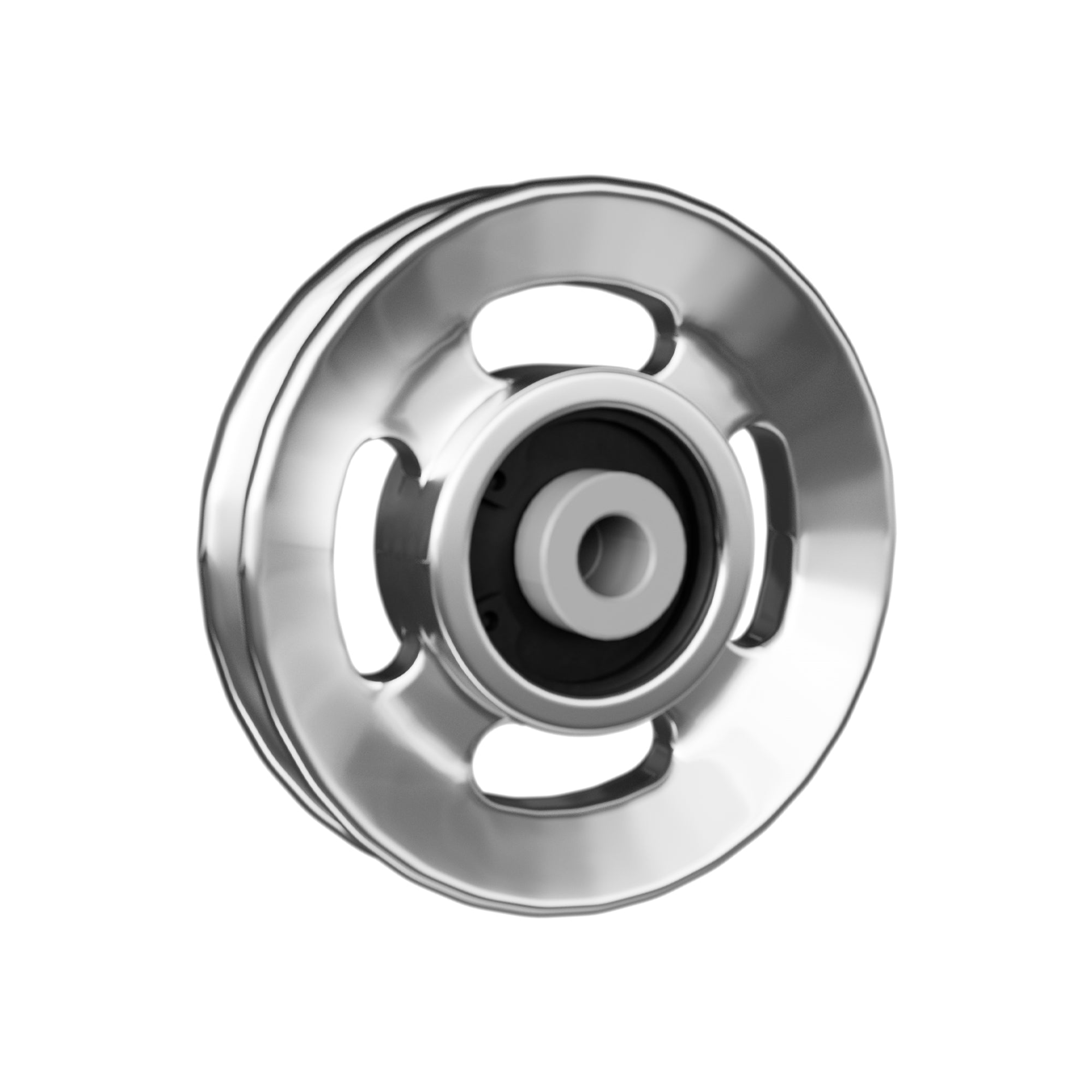
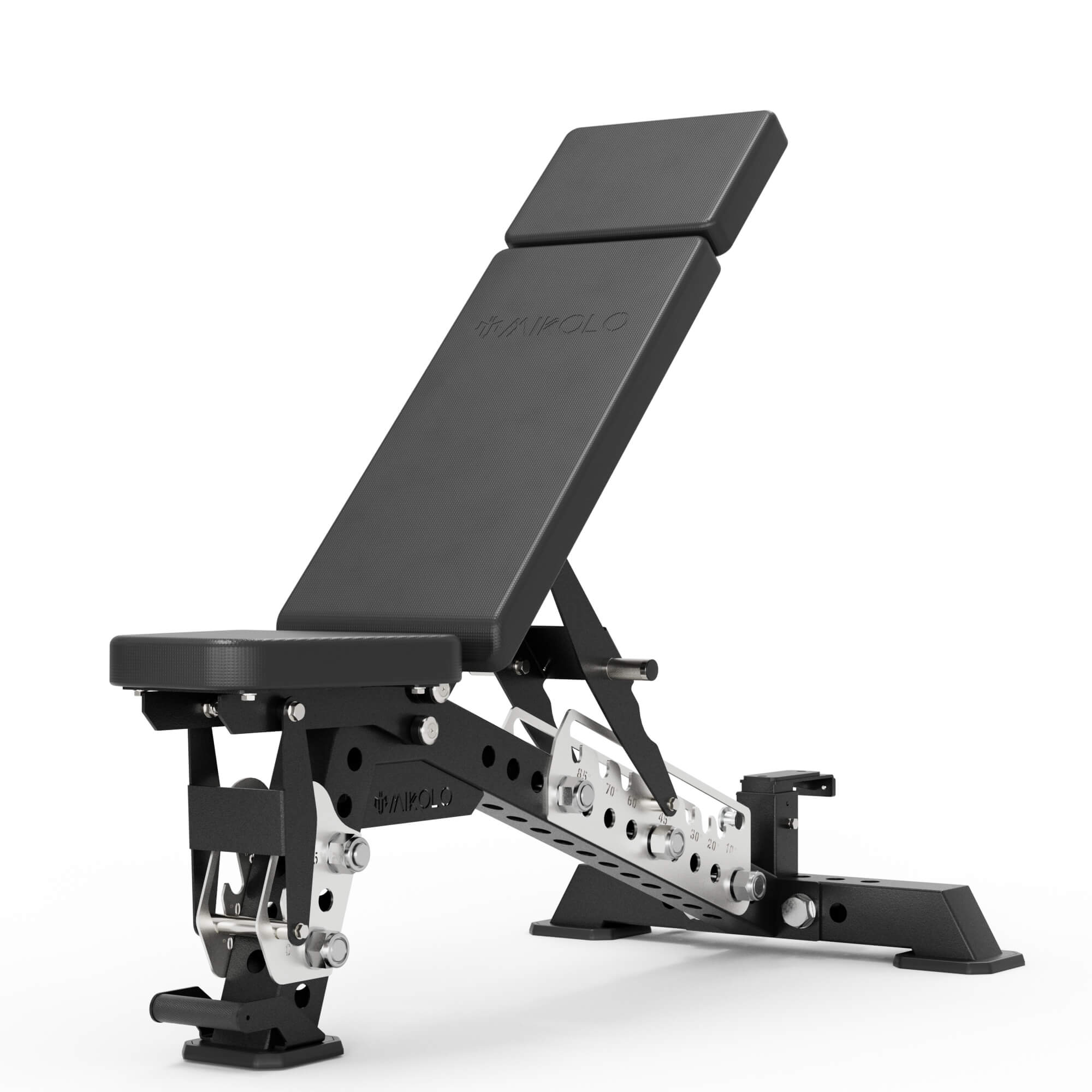
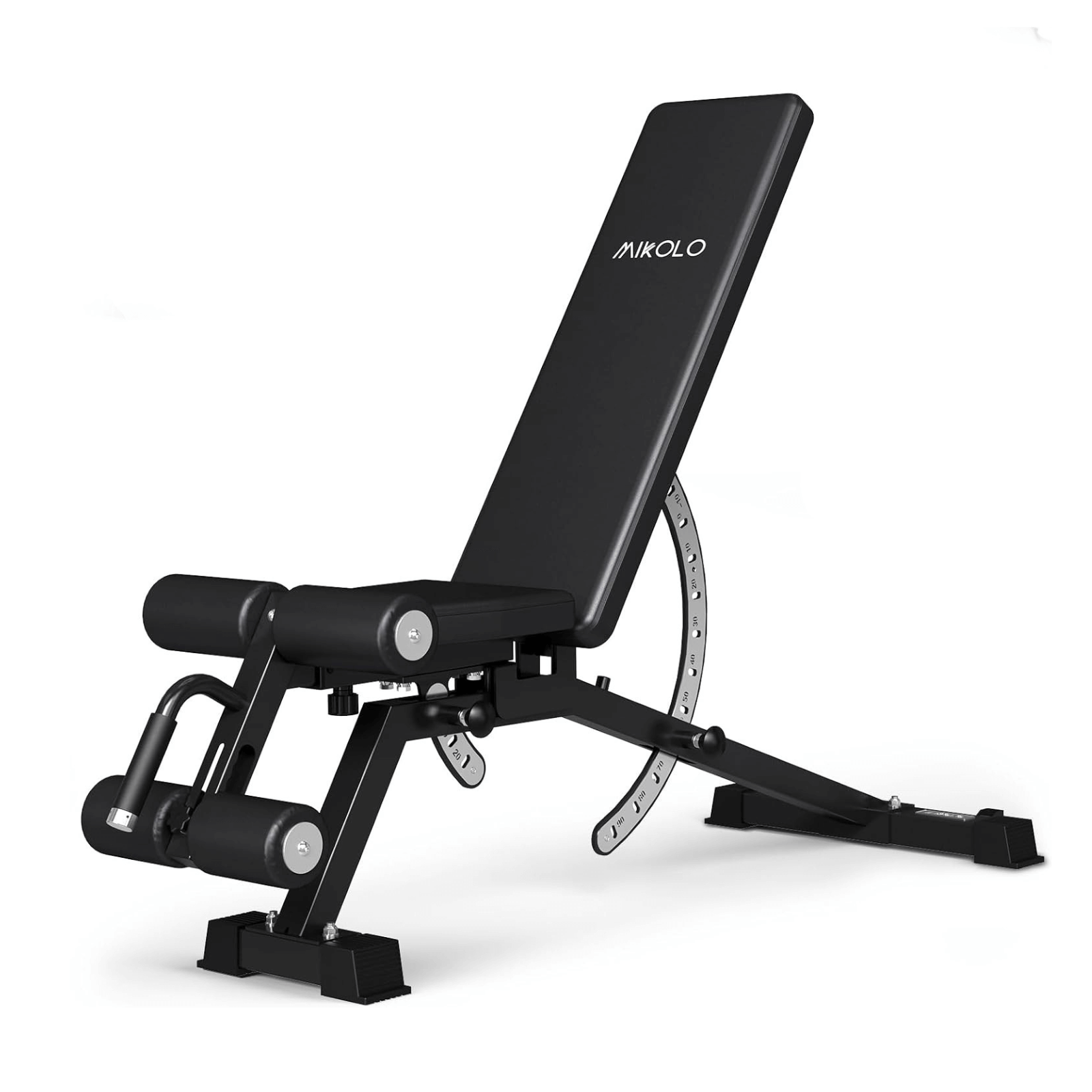



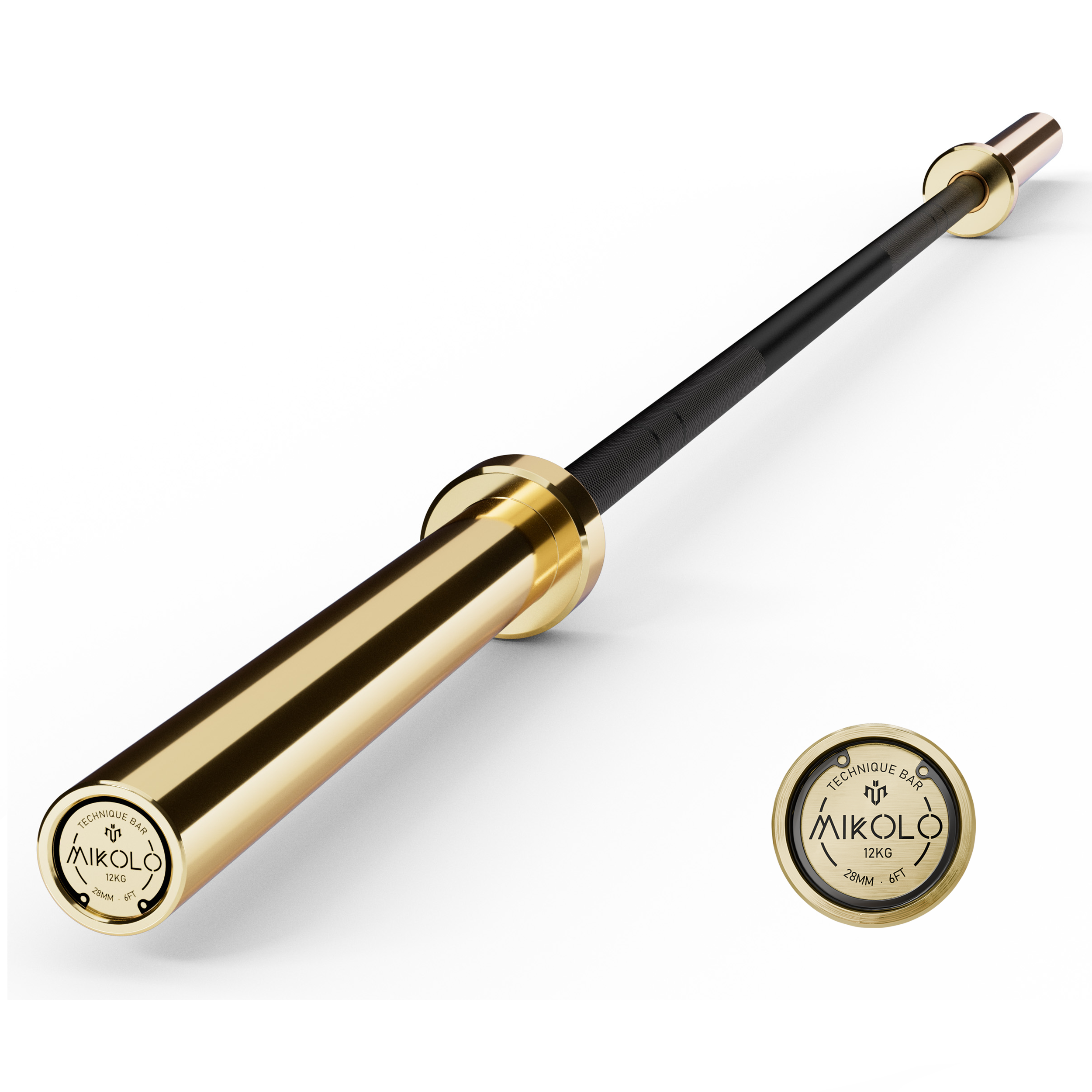
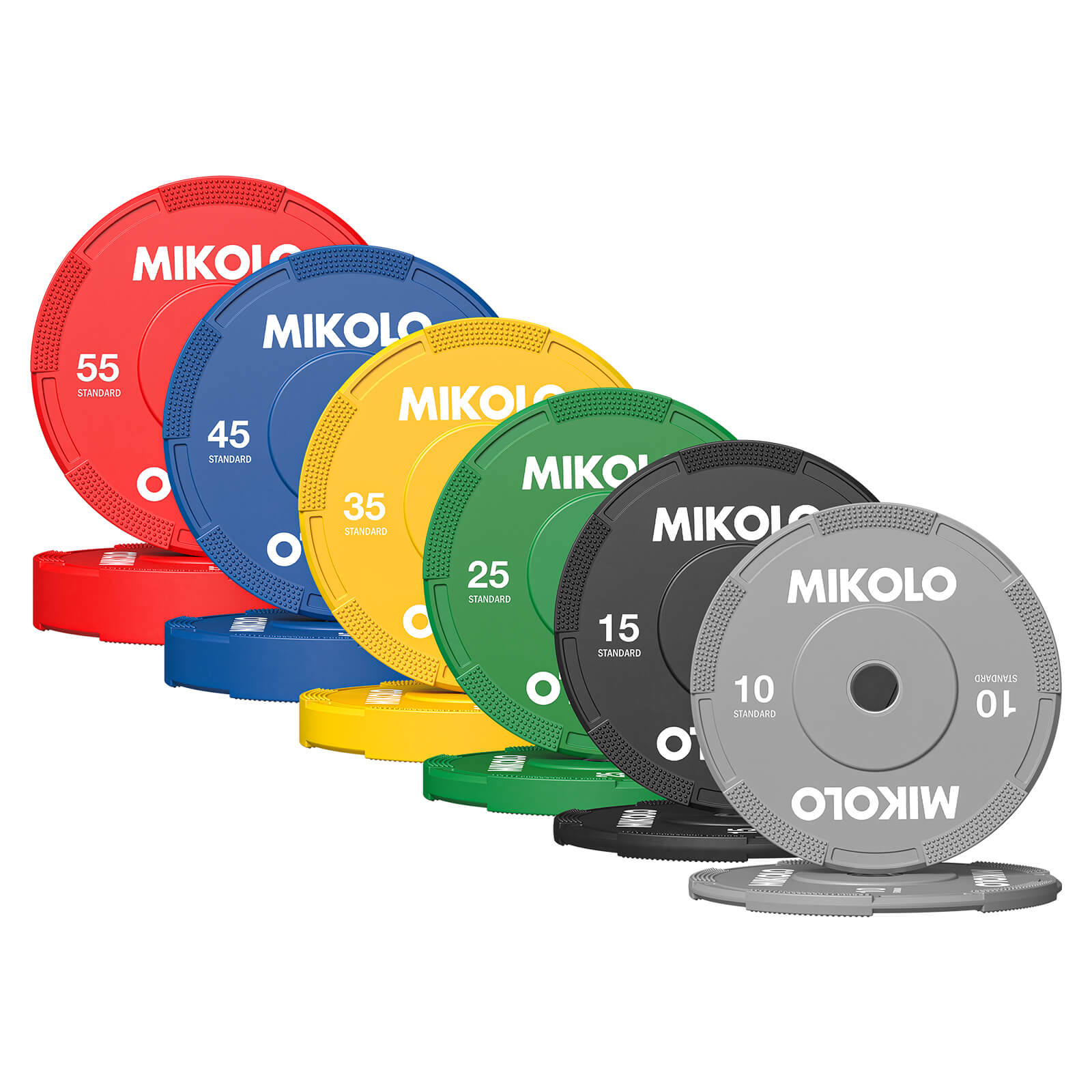

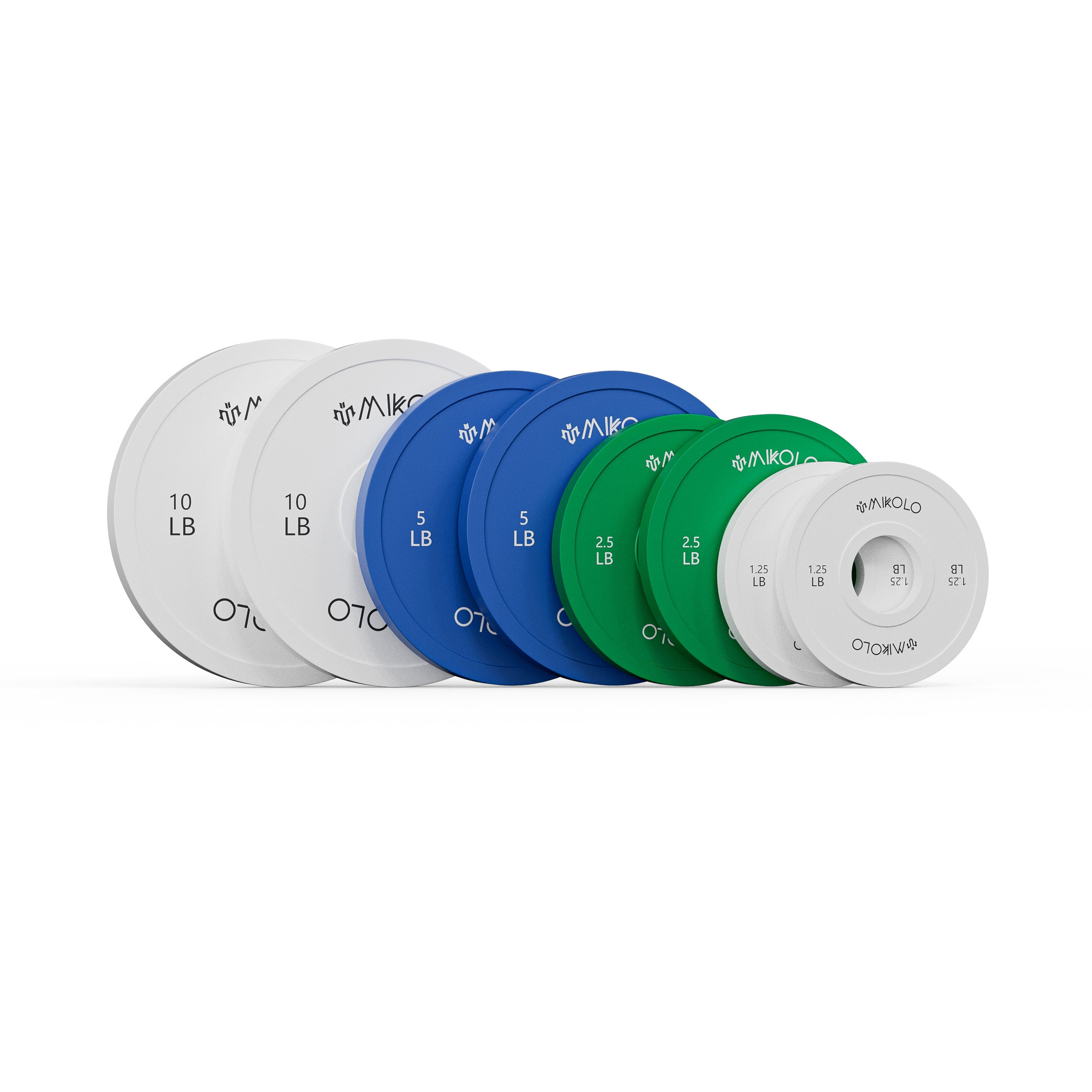

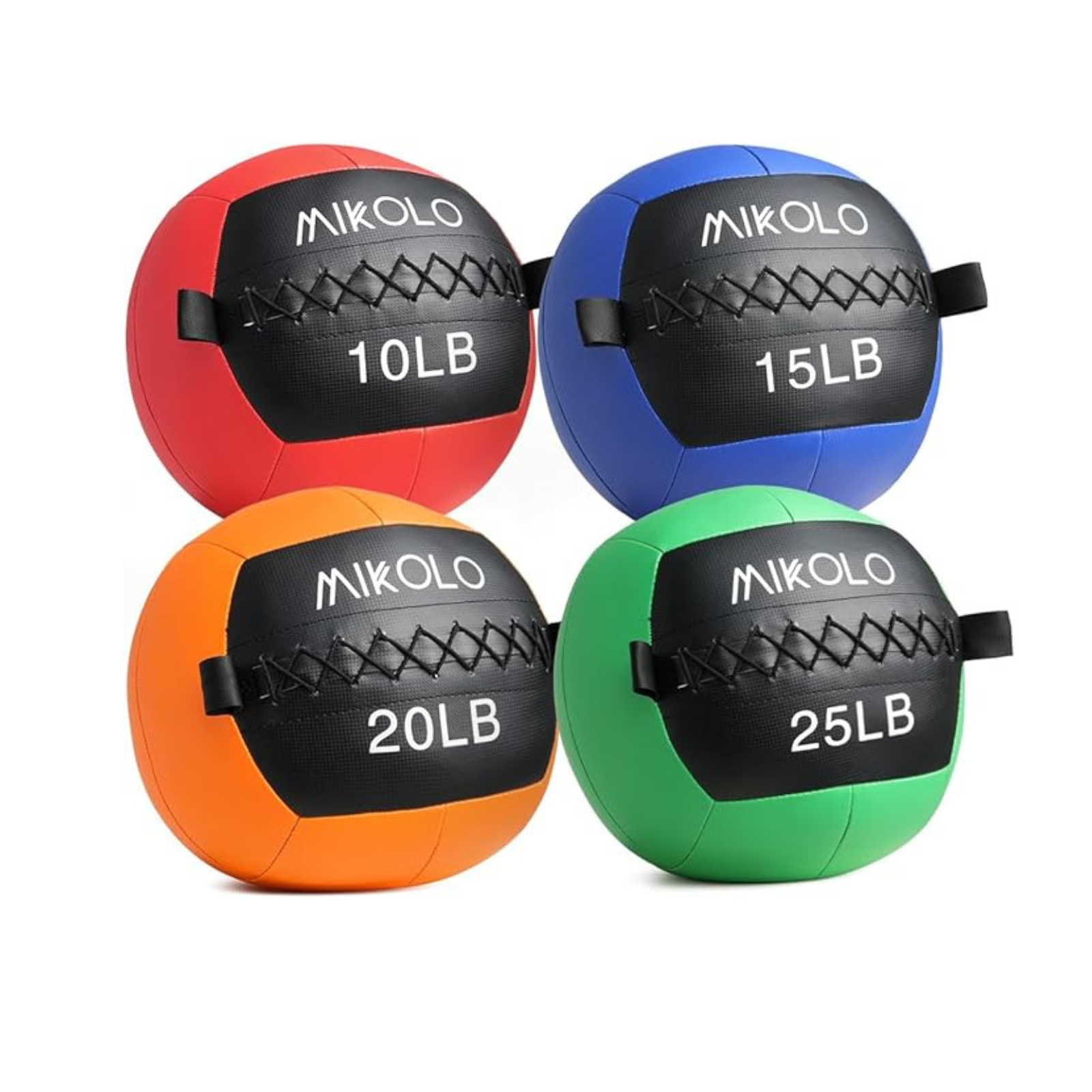







Leave a comment
This site is protected by hCaptcha and the hCaptcha Privacy Policy and Terms of Service apply.